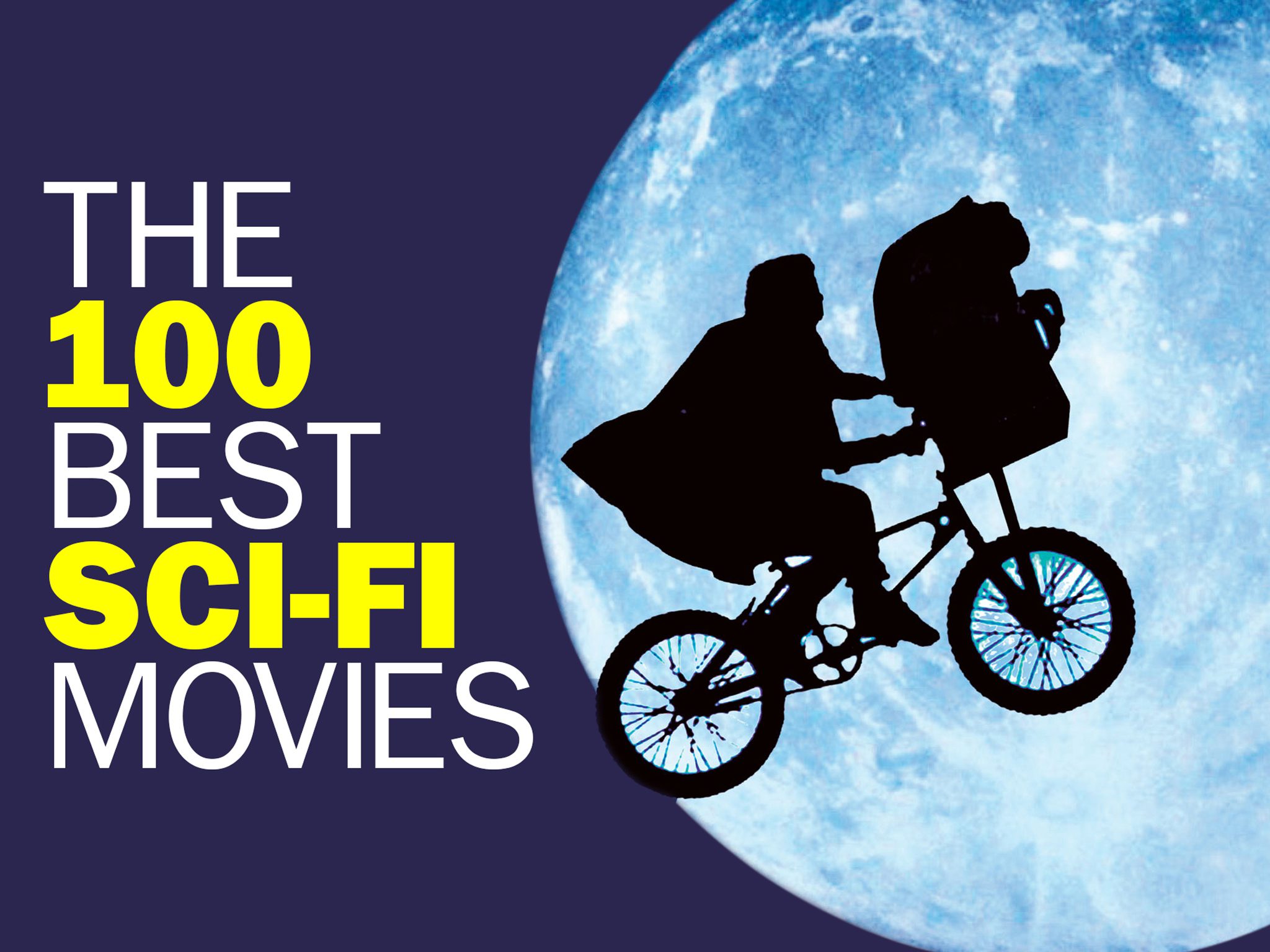Science fiction literature has captured the imagination of readers for generations with its infinite galaxies, alternative dimensions, and futuristic technology. These ten books represent the pinnacle of the genre, according to experts. Frank Herbert’s “Dune” is considered one of the greatest science fiction books of all time due to its intricate politics and mythology. “1984” by George Orwell is a dystopian novel that explores the dangers of political oppression and censorship. “The Hitchhiker’s Guide to the Galaxy” by Douglas Adams is a comedic science fiction novel that has earned a devoted following. Each of the books in this list has contributed significantly to the genre, bringing new worlds and ideas to readers.
The Top 10 Science Fiction Books of All Time According to Experts
With infinite galaxies, alternative dimensions, and futuristic technology, science fiction literature has captured the imagination of generations. Many books in the genre have been significant contributions to literature, bringing new worlds and ideas to readers. Here are the top 10 science fiction books of all time according to experts.
1. “Dune” by Frank Herbert
Considered by many as one of the greatest science fiction books of all time, “Dune” creates a compelling world with intricate politics and mythology. It is a story of a young aristocrat, Paul Atreides, who becomes embroiled in the treacherous politics of Arrakis, a desert planet that is the only source of a valuable resource called melange. “Dune” explores themes such as politics, religion, and ecology and has been adapted into numerous films, television shows, and video games.
2. “1984” by George Orwell
Written in 1949, “1984” is a dystopian novel set in a totalitarian society where the government has complete control over every aspect of citizens’ lives. It tells the story of Winston Smith, a low-ranking member of the ruling party, who begins to question the government’s propaganda and practices. “1984” is a cautionary tale about the dangers of political oppression and censorship and has earned a place as a classic work of dystopian fiction.
3. “The Hitchhiker’s Guide to the Galaxy” by Douglas Adams
This comedic science fiction novel follows the misadventures of an earthling, Arthur Dent, who is saved by his friend Ford Prefect before Earth is destroyed to make way for a hyperspace bypass. The novel’s humor and quirky characters have earned it a devoted following and spawned a multi-media franchise, including a television series, radio drama, and video game.
4. “Brave New World” by Aldous Huxley
Set in a future society where individuals are genetically engineered and conditioned to conform to strict social hierarchies, “Brave New World” explores themes such as individuality, freedom, and the dangers of technology. The novel follows the story of Bernard Marx, an outsider who struggles to fit into a rigid society. “Brave New World” is a cautionary tale about the dangers of societal control and the costs of sacrificing individuality for the sake of stability.
5. “Ender’s Game” by Orson Scott Card
“Ender’s Game” tells the story of Andrew “Ender” Wiggin, a young genius who is recruited to attend Battle School, a military academy in space, to defend Earth against an alien race. The novel’s themes of leadership, ethics, and the psychological effects of war have earned it numerous accolades and adaptations, including a film and graphic novel series.
6. “The War of the Worlds” by H.G. Wells
Published in 1898, “The War of the Worlds” is a science fiction novel that tells the story of a Martian invasion of Earth. The novel has been influential in popular culture, inspiring numerous adaptations in film, television, and other media. It explores themes such as colonialism, evolution, and the nature of humanity.
7. “Snow Crash” by Neal Stephenson
Set in a futuristic world where corporate governments and organized crime compete for power, “Snow Crash” follows the story of Hiro Protagonist, a hacker and pizza deliveryman. The novel explores themes such as virtual reality, linguistics, and the sociology of technology, and has been influential in popularizing the cyberpunk genre.
8. “The Andromeda Strain” by Michael Crichton
“The Andromeda Strain” is a science fiction novel that explores the consequences of a deadly extraterrestrial microbe that is accidentally brought to Earth by a military satellite. The novel’s emphasis on scientific accuracy and the possibilities of biotechnology have earned it praise from both scientists and fans of the genre.
9. “The Invisible Man” by H.G. Wells
“The Invisible Man” tells the story of a scientist who discovers a way to make himself invisible but finds himself unable to reverse the process. The novel explores themes such as power, identity, and the dangers of unchecked scientific experimentation. It has been adapted numerous times in films, television shows, and other media.
10. “The Time Machine” by H.G. Wells
“The Time Machine” is a science fiction novel that tells the story of a scientist who builds a machine that can travel through time. The novel explores themes such as evolution, societal progress, and the dangers of complacency. It has been adapted numerous times in films, television shows, and other media.
In conclusion, science fiction has played a major role in shaping our vision of the future, technology, and the universe as a whole. These ten books represent the pinnacle of a genre that encourages exploration, discovery, and imagination. Even after many years, they have maintained their relevance and power to inspire readers to look beyond the boundaries of the present.
